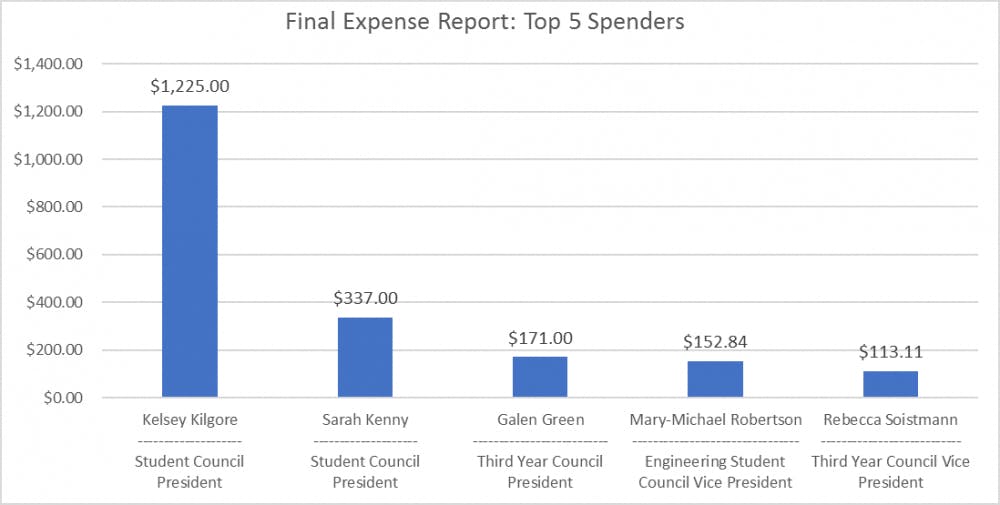Campaign spending in the 2017 student elections prompted calls for spending caps. Combined expenditures in these elections reached an astonishing high, with candidates spending $3,343.64. The bulk of these funds was spent in the 2017 Student Council presidential elections, during which candidate Kelsey Kilgore reported to the University Board of Elections that she spent $1,225 on her campaign. In the immediate aftermath of these events, there were calls for expenditure caps in student elections, in the hopes that future spending at this level could be prevented. Fortunately, several endorsing organizations, including The Cavalier Daily Editorial Board, have banded together this year and joined a petition stating that none of the organizations listed will endorse candidates who spend more than the specified caps. Because the University Board of Elections is limited in regulating student campaign spending, it is essential that endorsing organizations continue to preserve caps in future elections.
Student campaign spending needs to be addressed, because the 2017 election cycle's campaign spending wasn't an isolated event. In the 2016 student elections, candidates spent nearly $3,000 on their campaigns — this precedent proves that student campaign spending must be brought under control. Though the UBE can provide grants to candidates who apply, the sums available are woefully inadequate to compete in the current environment. The highest grant provided by the UBE is the $150 made available for Student Council presidential candidates, which is below the $250 cap set in the petition and far below the $1,225 Kilgore spent on her campaign. Even with the monetary disadvantage, students who use these grants are restricted by where they spend their money. One restriction is students who receive these grants are not allowed to spend the funds on food and drinks, which has become a prolific campaign strategy. This reality that low-income candidates face shows that their road to victory will be considerably more difficult.
If the playing-field remains this stacked against low-income candidates, it is reasonable to assume that many will not even try to run for office. This imbalance creates an environment where only students capable of spending large amounts on their campaigns will feel confident enough to run for office, which constitutes a threat to the University’s system of student self-governance. In order for our system to operate effectively, all students must be able to participate and run for office. Personal wealth should not be a requirement for being a candidate in student elections, but it could become a significant factor if spending is not brought under control.
By signing the petition this year, all the participating endorsing organizations are making University-wide elections more accessible to students regardless of socioeconomic status. This petition must be renewed for future election cycles so campaign spending does not continue its upward trajectory. As the petition states, “In a system of student self-governance, the ability to campaign for office must be one shared by students from all walks of life.” As a community, we must ensure that these elections are not a battle of bank accounts, but a battle of ideas. The inability to spend large amounts on campaigns should not prevent anyone from seeking elected office. Concrete policies should determine the winner of student elections, and by endorsing these caps we are helping to level the playing field for candidates who otherwise may have been discouraged to run for office.







